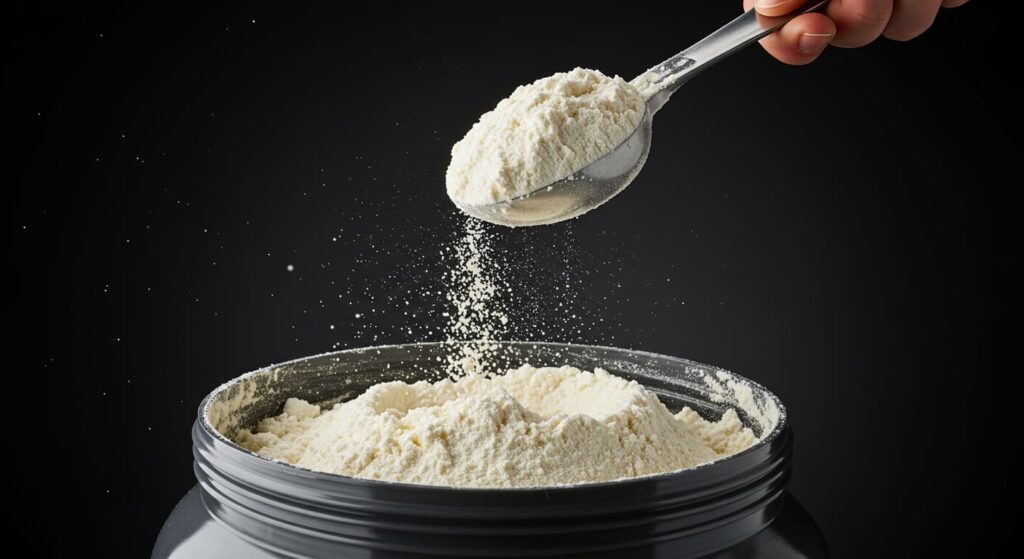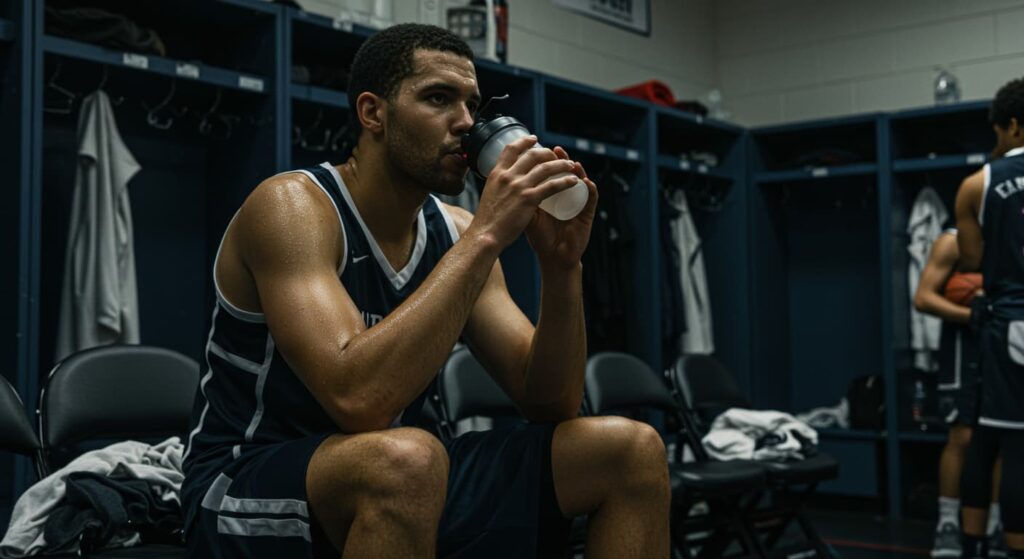Sports research supplements have exploded in popularity over the last couple of decades. Whether it’s professional athletes, weekend warriors, or fitness enthusiasts at the local gym, people are constantly looking for that extra edge—and many turn to supplements to help bridge the gap.
But the world of sports research supplements is massive. From protein powders and pre-workouts to creatine and BCAAs, the options can be overwhelming. On top of that, marketing claims often outpace scientific evidence, making it tough to know what actually works and what’s just hype.
This article breaks down what sports research supplements are all about, how they work, the science backing them, and the key things you should consider before trying any of them.
Understanding What Sports Research Supplements Are

In simple terms, sports research supplements are products designed to enhance athletic performance, improve recovery, and support overall physical health during training. They come in various forms—powders, capsules, drinks, bars—and are usually made from a mix of natural and synthetic ingredients.
Here’s a quick breakdown of the most common categories:
- Protein Supplements: Often used post-workout to support muscle repair and growth. Whey, casein, and plant-based proteins are popular choices.
- Creatine: One of the most studied and widely used supplements for strength and power athletes.
- BCAAs (Branched-Chain Amino Acids): Thought to support muscle recovery and reduce soreness.
- Pre-Workout Formulas: Typically contain caffeine, beta-alanine, and other stimulants to boost energy and focus before exercise.
- Electrolytes and Hydration Mixes: Help replenish lost fluids and minerals, especially in endurance sports.
- Fat Burners and Metabolism Boosters: Controversial and often lacking solid scientific backing.
The purpose behind these supplements is to either enhance physical output or speed up the body’s ability to recover. However, effectiveness can vary widely depending on the supplement, the individual using it, and how it’s taken.
What Does Science Actually Say?
The term “sports research supplements” suggests there’s solid research involved. And in many cases, there is—but not always. While some supplements are backed by years of peer-reviewed studies, others rest on shaky claims and limited evidence.
Let’s look at what the science says about a few of the heavy hitters:
Creatine
Creatine monohydrate is arguably the most researched sports supplement out there. Studies consistently show that it can improve strength, increase lean muscle mass, and enhance high-intensity performance.
- Most effective in short bursts of activity (e.g., sprinting, weightlifting).
- Works by increasing the body’s stored energy (ATP), allowing for improved performance.
- Safe for most people when taken as directed.
Protein Supplements
Protein is essential for muscle repair and growth. Supplementing with protein, especially after workouts, can support recovery.
- Whey protein is fast-digesting and ideal post-workout.
- Casein protein digests slowly and is often used at night.
- Studies show benefits when dietary protein is insufficient.
BCAAs
The science on BCAAs is a bit mixed. Some studies suggest they help with muscle soreness and recovery, while others show minimal benefits if you’re already getting enough protein from food.
- May help reduce muscle damage when training fasted.
- Likely unnecessary if you’re already meeting your protein needs.
Pre-Workout Supplements
These can offer a quick energy boost and help with focus, thanks mostly to caffeine. Other ingredients like beta-alanine may help buffer lactic acid.
- Benefits are often short-lived and vary based on individual tolerance.
- Caffeine-sensitive individuals should proceed with caution.
In general, supplements with a strong scientific backing are few but impactful. Many others either need more research or simply don’t deliver on the promises printed on their labels.
Choosing the Right Sports Research Supplements
Before diving into any supplement regimen, it’s crucial to ask some key questions. The supplement industry is huge and largely unregulated, which means not everything you see on a shelf—or online—is necessarily safe or effective.
Here are a few things to keep in mind:
- Check for Third-Party Testing: Look for products that have been independently tested by organizations like NSF Certified for Sport or Informed-Sport. These certifications indicate that the product doesn’t contain banned substances or harmful contaminants.
- Read the Label: Ingredients are everything. Watch out for proprietary blends that don’t disclose exact amounts, and avoid products that rely heavily on stimulants.
- Assess Your Goals: Not everyone needs every supplement. A powerlifter might benefit from creatine, while an endurance athlete might prioritize electrolytes and carbs.
- Trying to build muscle? Protein and creatine might be your best bet.
- Need an energy boost? Consider a moderate pre-workout or plain caffeine.
- Focusing on recovery? BCAAs or a post-workout protein shake may help.
- Talk to a Professional: Before adding any sports research supplements to your routine, it’s a good idea to speak with a healthcare provider, especially if you have underlying health conditions or take medications.
- Be Realistic: Supplements are just that—supplements. They’re meant to support a solid foundation of training, sleep, and nutrition. They can’t replace hard work, a balanced diet, or consistent sleep.
The Bigger Picture: Supplements and Long-Term Health

Using sports research supplements can be helpful, but the big question is always: are they necessary? In many cases, athletes can meet their performance goals through proper training, smart nutrition, and recovery routines.
That said, supplements can offer convenience and efficiency, especially for those with busy schedules or specific athletic needs. For example:
- A protein shake is easier to grab after a workout than cooking a full meal.
- Creatine supplementation may provide an extra boost during high-intensity workouts.
- Electrolyte drinks can help endurance athletes stay hydrated during long sessions.
Ultimately, the decision to use sports research supplements should be informed, intentional, and tailored to personal goals. When used correctly, they can enhance performance. When used recklessly, they can lead to wasted money—or worse, health risks.
Conclusion
Sports research supplements offer a way for athletes and fitness enthusiasts to level up their performance, recovery, and overall physical health. But they’re not magic solutions.
Backed by a mix of scientific research and anecdotal evidence, some supplements—like creatine and protein—have proven to be both effective and safe. Others still need more time and study to validate their claims.
Choosing the right sports research supplements means doing your homework, reading labels, setting realistic expectations, and understanding your body’s actual needs. When used responsibly, they can play a valuable role in a well-rounded fitness routine.
Just remember: supplements can support your goals—but they can’t do the work for you.



